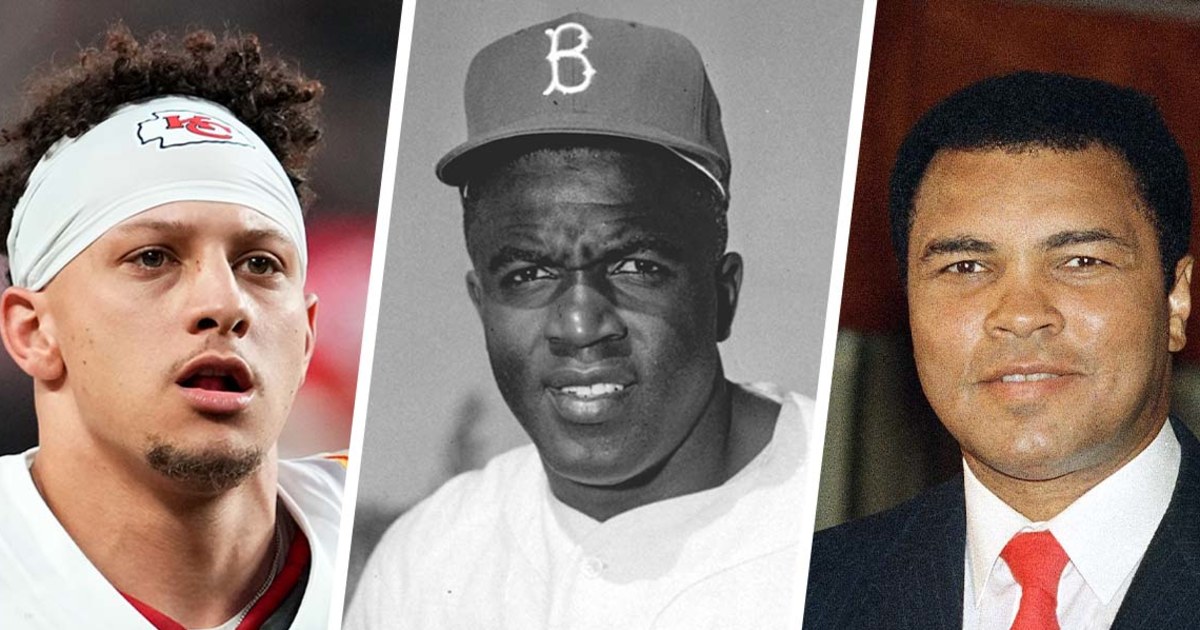 [ad_1]
[ad_1]
Writer and sports activities historian Dr. Louis Moore, a professor at Grand Valley State College, is aware of that one factor Black athletes have by no means completed is just “stick to sports.”
His forthcoming ebook, "The Nice Black Hope," is dropping in September and covers the historical past of the Black quarterback. And his previous two books examine comparable intersections of race and athletics: the primary, referred to as “We Will Win the Day,” focuses on the legacy of activist athletes, whereas the opposite, “I Fight for a Living,” makes use of boxing to chronicle the “battle for Black manhood” beginning within the late nineteenth century.
We chatted in regards to the decadeslong effort to silence Black athletes, the obstacles activist athletes face at the moment, and the way Black sports activities journalists have altered American life by means of their work. Try the video beneath! I've transcribed some highlights from our interview beneath, as properly (edited all through for readability and size).
JJ: You’ve written extensively in regards to the Black quarterback, and we noticed Patrick Mahomes succeed but once more within the Tremendous Bowl. What was your takeaway?
LM: The sport was simply wonderful due to Patrick Mahomes. If you concentrate on the historic view of the Black quarterback, he’s not speculated to have that form of persistence, not speculated to have that form of confidence in himself. And if you watch Mahomes, he has all of that. That’s the rationale why they received. Mahomes is simply cool and regular. And also you hope that GMs trying across the league for his or her new quarterback notice that [about Black QBs]. There was a time that they didn’t. However you mix the sport with the halftime present — Usher — and also you get this second of Black excellence. You begin with “Lift Every Voice and Sing.” You've gotten Patrick Mahomes, you might have Usher — it was actually the proper Sunday.
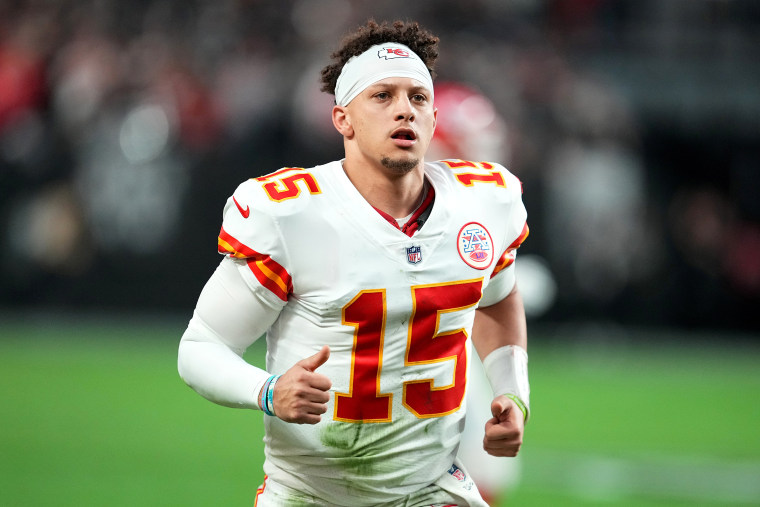
JJ: Just a few years in the past, we have been having this dialog about individuals boycotting the NFL over athletes’ outspoken demonstrations towards racism. That rigidity appears to have light away. Has the NFL efficiently papered over the activism that individuals like Colin Kaepernick delivered to the forefront?
LM: Sure and no. Look, there’s a cause why he’s blacklisted from the league. It was to ship a message to everyone else: “Don’t be like him — get in line.” And I believe the gamers understood that. However the “no” is available in that a part of taking part in meaning you do have a platform. So whereas Kaep is being blacklisted from the league, you do have the gamers union talking about cash bail. And the NFL allows players to put stuff on their helmet. That’s small, however it may be private. C.J. Stroud, the subsequent up-and-coming Black quarterback, is having conversations about jail reform. His dad’s in jail, and now he could be the voice of that. So the NFL silenced Kaep. It might need silenced protest through the nationwide anthem. However there’s nonetheless room for gamers to do what they need to do as a result of the NFL wants them.
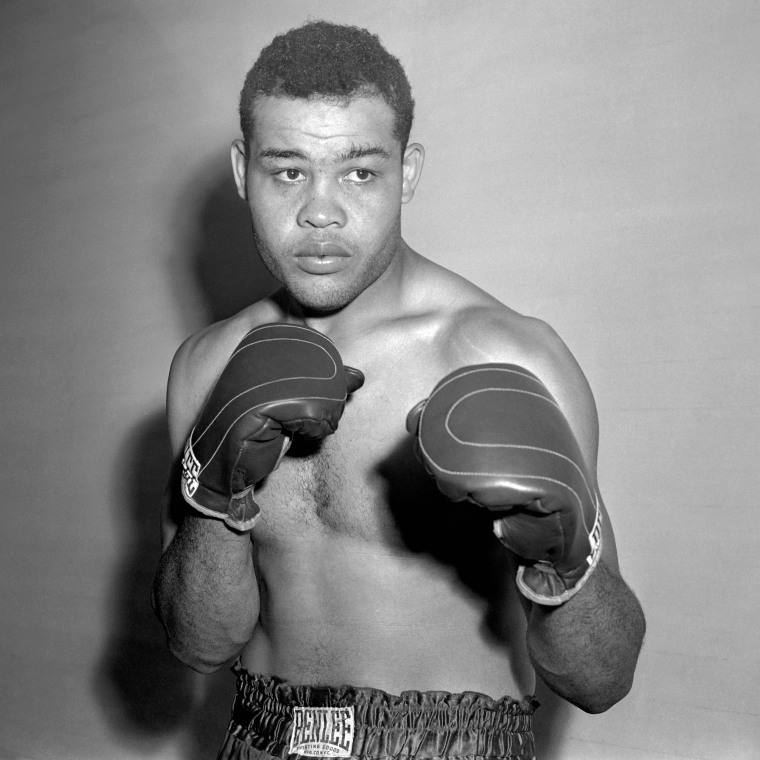
JJ: The place does the historical past of the activist athlete start?
LM: I wish to level to 2 important athletes. One is [boxer] Joe Lewis. On the top of his profession, when he’s nonetheless the heavyweight champion of the world, he’s publicly speaking about being anti-Jim Crow. He’s on the market through the 1948 presidential election making an attempt to get Black people to register and to vote. He’s utilizing his voice to speak about stuff just like the ballot tax and poverty. The opposite athlete at the moment is Jackie Robinson. Jackie throughout his profession went after Jim Crow. He frolicked after his profession writing presidents, telling presidents like Eisenhower to do one thing about lynching, writing Nixon and going after JFK. And also you additionally had guys like Invoice Russell doing the identical factor: boycotting a recreation, going to Mississippi, combating for integration and schooling.
JJ: I respect you point out these two individuals specifically, as a result of they’re vaunted figures now. However their activism wasn’t appreciated then as it's at the moment.
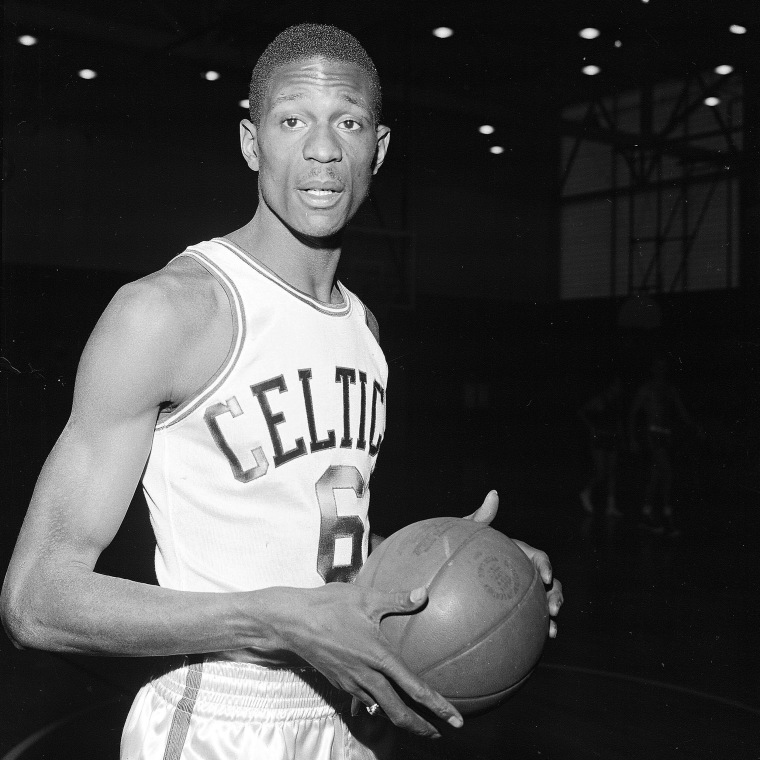
LM: Plenty of people hated Jackie Robinson in actual time. It’s that entire “shut up and dribble, shut up and play” concept. And Jackie felt that. Individuals in baseball didn’t like him, individuals in America didn’t like him. And Jackie by no means backed down. You'll find articles within the late Nineteen Sixties where he’s talking about seeing the American flag and what that represents to him. An American flag bumper sticker on the automobile — that was off-putting to him due to all the things that’d gone on prior to now and was at the moment occurring. He famously talked about not standing for the nationwide anthem. That’s Jackie Robinson in actual time — individuals didn’t like him. Individuals hated Muhammad Ali, too. Now, 50 years later, everyone will let you know how a lot they liked him. However on the time Ali suffered loads of hate and loads of venom towards him.
JJ: Which present athletes embody the spirit of the activist athlete that you simply’ve celebrated in your work?
LM: A straightforward one is LeBron James. He doesn’t get loads of credit score, however what he’s doing for schooling reform in Akron and ensuring children get an opportunity to go to varsity is big. So was utilizing his identify for that “More than a Vote” marketing campaign to be sure that individuals have a chance to register and vote. One other one I believe we’ve forgotten during the last 4 years is Renee Montgomery, who was within the WNBA, who was additionally a part of “More than a Vote.” She was an integral part of that #VoteWarnock movement in 2020.
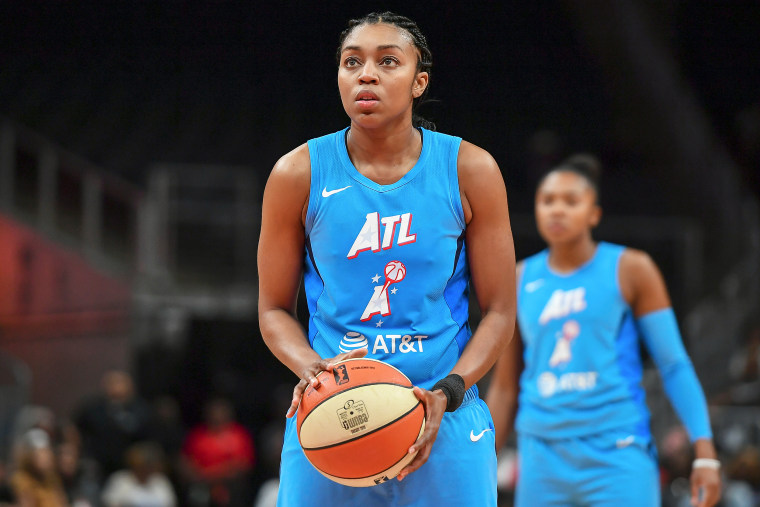
JJ: Do you are feeling that a “personal brand” and social media backlash are impediments to athletes taking the identical form of activist stands that Invoice Russell and Jackie Robinson did?
LM: I believe an athlete can say one thing and be high-quality, so long as his firm helps him. In a post-Kaepernick world, we began to see that with Nike embracing it. So athletes have to understand this and faucet into that. However [after Olympians] John Carlos and Tommie Smith, and Ali, you might have an actual silencing of athletes. O.J. Simpson gets his money, and I believe that teaches athletes, “If I’m just quiet, if I’m just O.J. and really nothing else, I’ll be fine.” And it goes from O.J. to Dr. J (and that is no knock on individuals) lastly getting a chance to get endorsements, and Magic [Johnson]. If you concentrate on it, through the Nineteen Sixties, there’s probably not loads of endorsements for Black athletes. So endorsements modified the sport. We have now to do not forget that these athletes within the ’60s had these highly effective actions — there’s sit-ins, there’s freedom rides, there’s an entire Civil Rights Motion, an entire Black energy motion — there’s actually no place to cover. Immediately after we see actions occur, athletes become involved. The summer time of 2020 is a superb instance: Athletes like Jaylen Brown are within the streets, you might have the NBA occurring strike, you might have different leagues occurring strike, you might have the Greater than a Vote marketing campaign occurring. When there’s one thing on the market, they'll become involved.
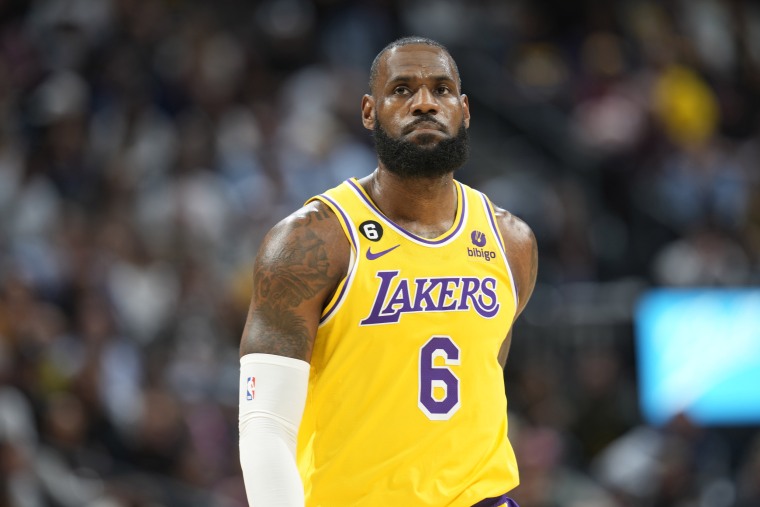
JJ: Why is sports activities historical past essential to you?
LM: Within the late Eighties, the Black press realized that the Black athlete is a logo. It’s not nearly that particular person. It’s a illustration of what integration goes to appear to be. A illustration of, “Oh, if they treat him this way, how are they going to treat me? Will I get an opportunity?”
I speak about this in my new ebook in regards to the Black quarterback. It’s not nearly that man taking part in on the sector — Doug Williams or Vince Evans — it’s about that individual in enterprise. The Black quarterback is meant to be the chief, the quarterback’s the neatest individual. So it’s these individuals exterior of sports activities who're discovering it onerous — it’s the “Black quarterback syndrome” — to maneuver up in society. While you watch what occurs to a Marlin Briscoe or James Harris, you begin to suppose, “This is very familiar to my life.” Black writers speak about the way it’s not nearly James and what occurs with the Rams, it’s about what occurs to the man at that native manufacturing unit or native enterprise, as a result of he too is affected by this concept that they don’t suppose you possibly can suppose, they don’t suppose you possibly can lead, you possibly can’t do your job. And that to me is the significance of finding out sports activities. You get a research of nice athletes, you get nice tales to inform. However you additionally get details about us.
JJ: That speaks to the significance of getting Black and brown historians and Black and brown journalists protecting Black and brown athletes, proper? Have you ever been following former NFL writer Jim Trotter’s legal fight on that front?
LM: He’s precisely proper. Sports activities doesn’t appear to be it does at the moment with out the Black press. With out Black writers actually going after sports activities. We’re speculated to be a nation about equity, and sports activities is about equity and democracy. And it’s Black writers who've pushed that concept. It’s Joe Bostic of Individuals’s Voice who pressured Branch Rickey to integrate baseball. It’s the Wendell Smiths and the Sam Lacys. It’s this Black author from New Orleans, Jim Hall, who successfully shut down a minor league baseball group within the South in New Orleans as a result of they wouldn’t enable Black followers within the stands. Black writers have been integral in forcing integration with the Washington soccer group again within the late ’50s and early Nineteen Sixties. They’re integral in integrating the NFL. So, as Jim Trotter says, to not have Black illustration in your league, you possibly can’t try this. Your league is constructed and it thrives as a result of you might have Black journalists pushing you in the fitting path.
“The Reconstruction,” a collection by my colleague Zahara Hill and me, is a celebration of the consultants and activists combating to rebuild America’s historic reminiscence as Republicans ban books and curtail curricula. The battle to honor and acknowledge Black historical past is unfolding throughout a number of fields — from cooks, to attorneys, to docs, to reverends and extra.


